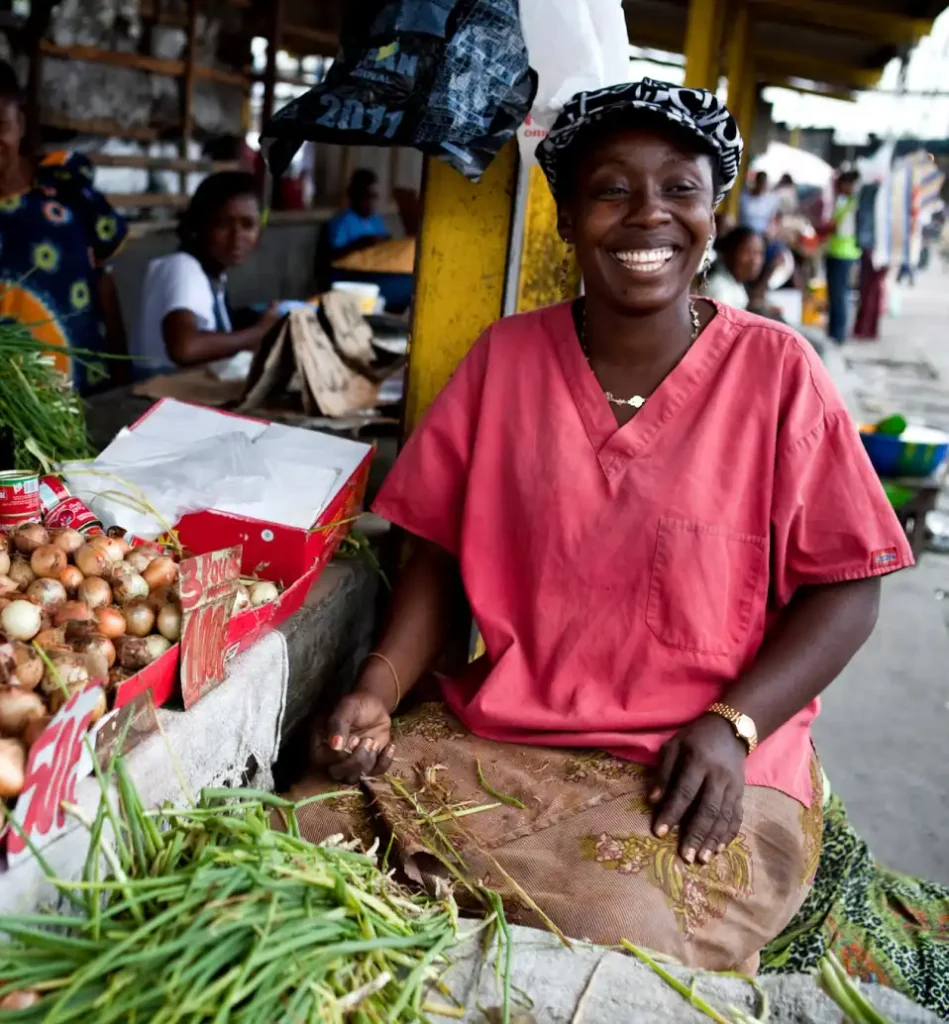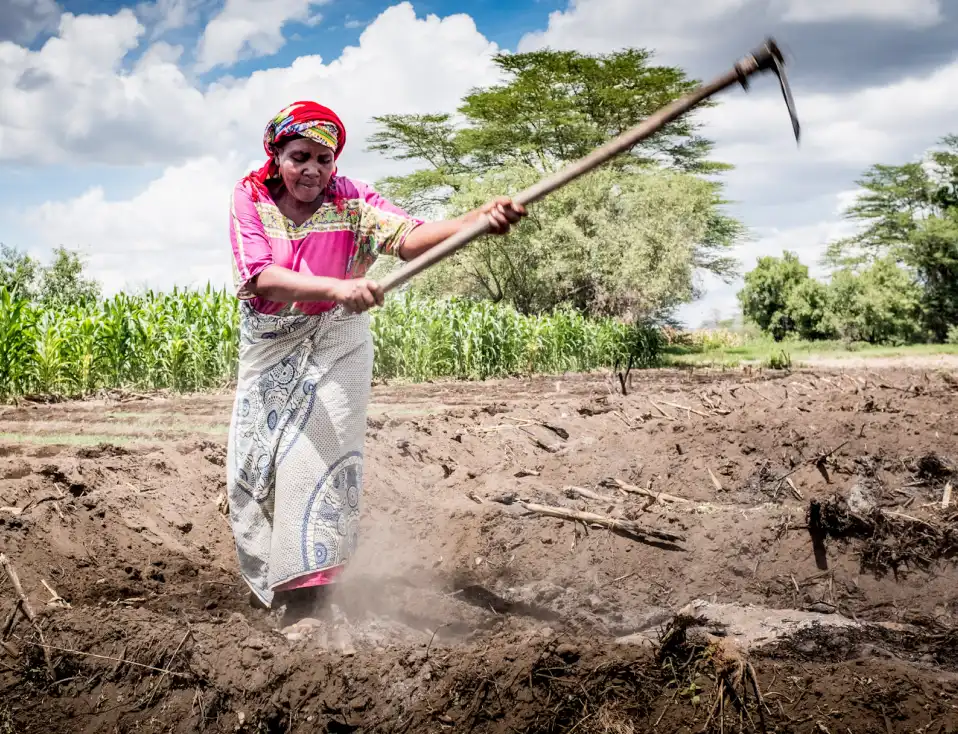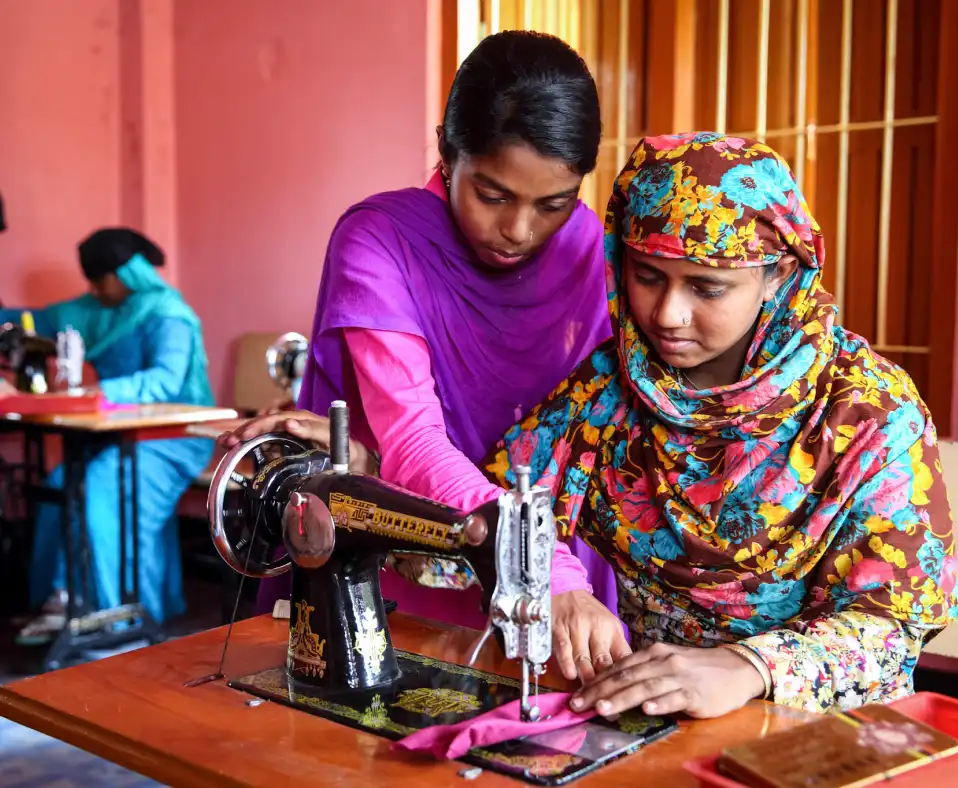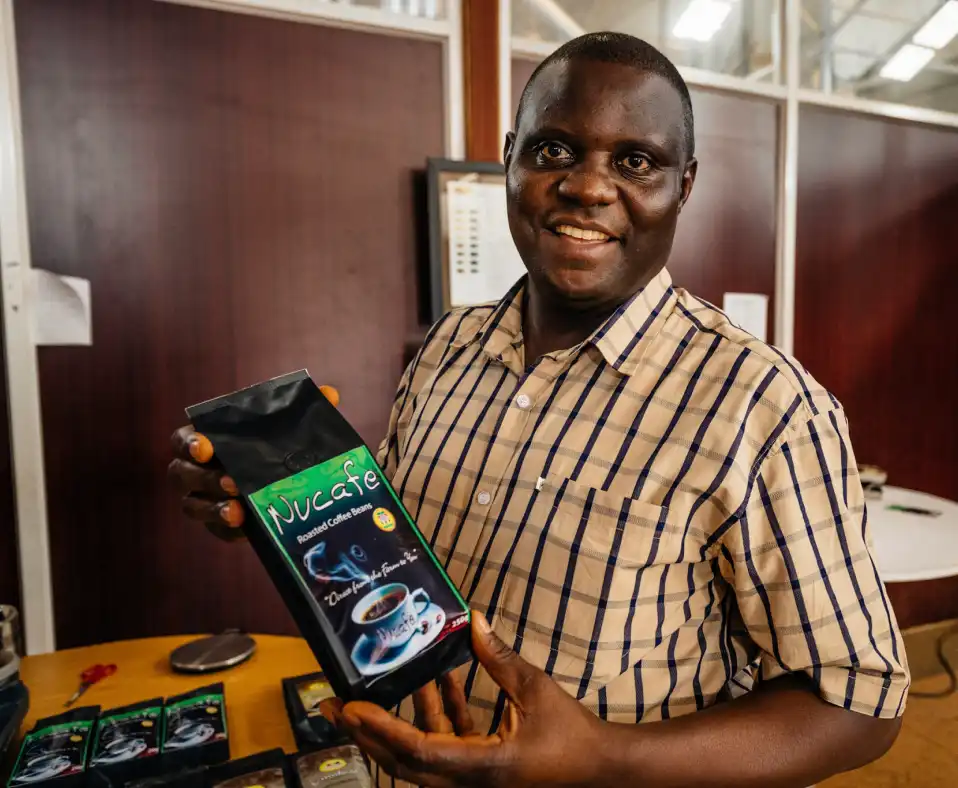How We Work for Remittances to be More Than a Transaction
For remittances to become a pathway to full economic inclusion and productive use in the host and home communities, they must transcend from more than a transaction receipt to an opportunity for "last mile" reach that penetrates multiple levels of the financial ecosystem and successfully straddles international borders, transforming cross-border payment corridors and involving countries at all development stages.

Supporting Practical Policy Changes
For remittances to deliver their full potential, each country must have the right infrastructure, market conditions and regulations in place. At the regional and international level, the sending and receiving countries must have effective and gender-responsive frameworks for cross-border payment cooperation and interoperable systems. They need to combat illicit financial flows while ensuring that law-abiding people can easily and affordably send their own money to each other.
The UNCDF Migrant Money team includes experienced policy and technical experts who have held senior roles in developing countries’ central banks. We provide comprehensive, real-world consultations with policymakers and regulators throughout the developing world, carefully diagnosing the current state of policy frameworks around remittances: not just the regulations aimed directly at money transfers, but the adjacent ones—banking supervision, anti-money laundering, national payment systems, agent regulations, telecommunications, foreign currency, taxation and more—that shape the financial behaviors and choices of migrants and their families.

Approving a Regional Cross-border Payment Harmonization Roadmap in Africa
Partner
The Intergovernmental Authority on Development (IGAD)
Location
East Africa
In close collaboration with IGAD Secretariat, UNCDF Migrant Money completed desk reviews, engaged with the private sector across the region, and convened public- and private-sector engagements to develop a better understanding of remittance-related policies, regulations, and payment infrastructures towards regional harmonization objectives.
Our team produced individual country diagnostics, leading to a regional diagnostic on policy and payments infrastructure, and its roadmap. The next steps will see the implementation of the roadmap activities, empowering migrant customers and families throughout eastern Africa.
25 country policy and regulatory diagnostics and 3 regional harmonization assessments
Expanding Open Digital Payment Ecosystems

Remittances can be made more accessible, faster, more affordable, and more transparent while maintaining their safety and security. Despite the importance of remittances for achieving Sustainable Development Goals, they still face many challenges for their potential to be fully realized. Among these is the lack of efficient and open payment systems that can help promote financial inclusion, improves the safety of funds, and facilitates access to and the use of additional payment services for end users.
We drive efforts towards an open, regulated global payments inter-network specifically designed for low-value international remittances to address the needs of migrants around the world. In our activities toward open digital payment systems, we work to understand the importance of digital cross-border payments as the basis for gender-responsive remittance services. This will benefit everyone, but especially women customers, since studies indicate that they pay more in fees and appear to be more sensitive to price. It will also lead to more convenience and the development of new kinds of more specialized remittance products that meet women’s and men migrants’ specific needs.
Sustaining Cashless Remittances in Bangladesh
Partner
BRAC Bank
Location
Bangladesh
The project between BRAC Bank and UNCDF Migrant Money was conceived in the wake of the COVID-19 pandemic amid concerns that remittances in Bangladesh would decline, negatively impacting the economy and the well-being of recipient families. From September 2020 to October 2021, with our team’s assistance, the bank launched two new digital remittance platforms – from Visa Direct and Western Union – opening more conduits to migrants. BRAC Bank also increased the reach of its existing digital remittance solutions through the integration of an aggregator application, gaining 14 new remittance partners in different host countries.
In Bangladesh, BRAC Bank has onboarded a new mobile financial service to increase last-mile outreach; and through its subsidiary, the bank has launched 11 new improved user interface versions of the digital remittance application, REMITnGO. The bank has also launched targeted digital and physical financial literacy campaigns to onboard customers and increase outreach to female migrants.
328,000 customers sent more than US$ 500 million in remittance transactions
Investing in Inclusive Innovation
At almost a trillion dollars annually, remittances are a big business – but a complicated one. Remittance service providers have multiple and complex challenges around cash management, low average transaction sizes, foreign exchange risks and customers who may have limited financial capabilities or access to services because of their location or gender. Remittance providers must also devote considerable resources to compliance with multiple sets of cross-border regulations and partnerships..
Following market systems development approach UNCDF Migrant Money works closely with varied providers – mobile network operators, banks, non-bank financial services providers, money transfer operations, payment aggregators and others – offering financial resources, product research and design expertise, technical assistance and strategic knowledge-sharing. Our goal is to support business models not only to scale migrant-centric and gender-smart remittance channels but also for the full range of inclusive remittance-linked financial services (savings, credit, insurance, investments, pensions) that can strengthen financial resilience of migrants and their families.

Enabling Foreign Currency Deposits in Ethiopia
Partner
The National Bank of Ethiopia (NBE)
Location
Ethiopia
UNCDF Migrant Money has been working with NBE and other government stakeholders to increase policymakers’ and regulators’ capacity to adapt existing frameworks to meet the bank’s objectives—lowered remittance costs, improved cross-border remittance flows through formal channels, and expanded use of digital channels to receive remittances.
At the end of 2020, with UNCDF Migrant Money’s guidance, a directive was adopted establishing regulations for foreign currency saving accounts for both residents and non-resident of Ethiopia. Then in 2021, an amendment was enacted to incentivize the Ethiopian diaspora to maintain foreign currency accounts at home and to encourage domestic investments. This led to the creation of new savings products open to the Ethiopian diaspora.
US$ 150 M of foreign currency deposits mobilized
via 50,000 accounts across 23 banks
Empowering Migrant Customers

Digital technologies have the potential to beneficially disrupt remittance markets by facilitating the shift from unregulated cash-based channels toward more transparent and well-regulated digital ones. By sending and receiving remittances through digital channels, migrants and remittance recipients could benefit from time efficiencies and cost savings, providing needed money to support consumption or withstand shocks. Remittance-linked financial services have the added benefit of creating financial safety nets and strengthening financial resilience. Yet despite its potential, access to and the usage of digital solutions by migrants and remittance recipients remains a challenge.
With our public and private sector partners, the UNCDF Migrant Money team seeks to build customer trust in digital solutions and put migrant needs and aspirations at the center of public policy and business strategies while investing in the key drivers of customer empowerment: voice and choice, control and decisions, and skills of migrants and remittance recipients. By doing so, we ensure that migrants can use digital finance innovations that support their life-cycle transitions, seize economic opportunities in their local economies and live healthy and productive lives.
Shifting the Focus to Women Customers in the UAE
Partners
RAKBANK and Edenred
Location
United Arab Emirates
RAKBANK and Edenred aim to expand digital remittances and financial services among blue-collar migrant workers in the United Arab Emirates – particularly foreign domestic workers from Bangladesh, India, Nepal, Pakistan, the Philippines, and Sri Lanka – who typically prefer to use physical exchange houses to transact. Through business strategy, transaction data analysis, financial literacy and more, our UNCDF Migrant Money technical assistance successfully improved access to and usage of Edenred’s digital remittance channel that enables migrants to receive their wages digitally.
Initially, Edenred wanted to focus on men customers due to easier access and an expectation of better adoption. However, through continuous engagement in workshops, combined with the support and commitment of RAKBANK and Edenred senior management, UNCDF Migrant Money was able to trigger a change in how gender issues are considered. Ongoing initiatives, such as improving workplace diversity through onboarding more women to support customers, will continue beyond the project with our team.
265,450 registered customers
including 24,349 women